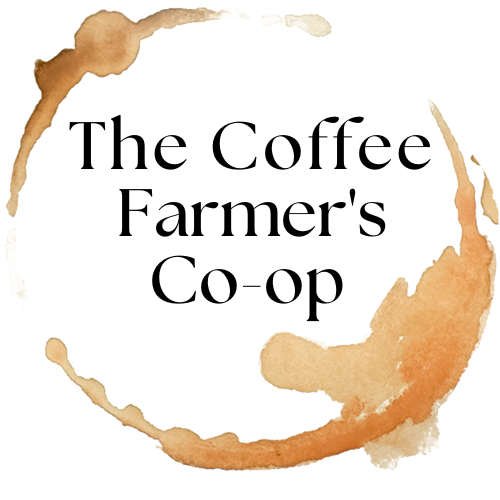Why Fresh Roasted Coffee Matters
The Case for Small-Batch, Roast-to-Order Beans
There’s a reason coffee from The Coffee Farmer’s Co-Op tastes richer, brighter, and more aromatic than the kind you’ll find sitting on a typical grocery store shelf: freshness.
When your beans were roasted last week—not last year—you experienced the full spectrum of flavor, from delicate florals to deep chocolate undertones. Let’s break down why roast date matters, what makes fresh-roasted coffee different, and how it ties into our small-batch, direct trade mission.
The Freshness Factor: Why It Matters
Freshness is a key indicator of quality. Once coffee is roasted, it begins to oxidize, and over time, it loses its natural oils, aromatic compounds, and flavor complexity. Most mass-produced coffees are roasted in large batches, packaged months before purchase, and stored in warehouses—meaning by the time it hits your cup, the flavor is already fading.
At The Coffee Farmer’s Co-Op, our model is built around roast-to-order. We don’t roast a single bean until an order is placed. That means you receive coffee at its peak freshness—when the oils are still vibrant, the aroma is bold, and the tasting notes are perfectly intact.
The Roast Date on the Bag Isn’t Just a Detail
From the Farm to Your Mug
You’ve likely seen the phrase “best by” on grocery store coffee. But what you should really look for is the “roasted on” date.
Coffee is at its best within two to four weeks of roasting. After that, volatile compounds responsible for aroma and flavor begin to degrade. While older coffee may still have caffeine, it won’t have the nuance or complexity that makes specialty coffee worth savoring.
That’s why we include a roast date on every bag we ship. It’s a small detail that reflects our bigger philosophy: great coffee is intentional—from the way it’s grown to the way it’s roasted and delivered.
Why We Roast in Small Batches
Small-batch roasting allows us to bring out the best in every single origin we offer—whether it’s a floral, tea-like Ethiopian coffee bean, a bold Guatemalan roast, or a rich, nutty Sumatra.
Each origin is unique. When we roast in small batches, we can fine-tune each roast profile to highlight that bean’s natural characteristics. It’s a more personal, hands-on approach—and you can taste the difference.
Flavor You Can Trace Back to the Farm
Our freshness promise wouldn’t matter if the beans themselves weren’t thoughtfully sourced. Every coffee we roast comes from sustainable direct trade relationships with smallholder farmers around the world. We believe in transparency, fair pay, and long-term relationships with producers.
That means when you brew a cup of The Coffee Farmer’s Co-Op coffee, you’re not just tasting something fresh—you’re supporting something meaningful.
How to Tell if Your Coffee Is Fresh
Here are a few quick signs you’re drinking truly fresh coffee:
- Smell: Fresh coffee smells sweet, nutty, floral, or fruity. Stale coffee often smells flat or burnt.
- Bloom: When brewing, fresh coffee releases carbon dioxide and “blooms” with bubbles and foam. No bloom = stale coffee.
- Taste: Fresh-roasted beans have layers of flavor, from citrus to chocolate. Stale beans often taste bitter or dull.
Try Fresh Coffee From The Coffee Farmer's Co-op
Freshness is more than a buzzword—it’s what separates ordinary coffee from a cup that makes you pause. When you choose fresh-roasted, small-batch beans from The Coffee Farmer’s Co-Op, you’re choosing coffee that was grown with care, roasted with precision, and shipped with purpose.
Your beans were roasted last week, not last year. And that changes everything.
Check out our wholesale coffee partner, Java City, and our freshly roasted coffee available for online order.

